The Wire Transfer Trap: How ICE's Hamas Allegations Put a Family's Remittances Under the Microscope
In a small apartment in Paterson, New Jersey, Leqaa Kordia sat at her kitchen table, staring at the stack of bank statements and wire transfer records that had become her lifeline to family back home. For years, she had been sending money to Palestine, a typical practice for many immigrant families who rely on remittances to support loved ones abroad. But when ICE agents came knocking in March, Kordia's financial aid became the government's evidence of potential terrorism ties.
The Trump administration's claim that Kordia's wire transfers supported Hamas has left her family reeling. "It was quite upsetting to hear the government claim that any transfer of money to Palestine and/or Palestinians was inherently suspicious," wrote Kordia's mother, a naturalized U.S. citizen, in an affidavit. The assertion raises questions about the blurred lines between humanitarian aid and terrorism financing.
Kordia, 32, arrived in the United States from the West Bank in 2016, seeking a better life for herself and her family. She worked as a waitress to make ends meet, sending what she could to support her loved ones back home. "Some was money I earned working as a waitress; some was from my mother and neighbors who would pool it together to send to help out our family," Kordia explained in a recent court affidavit.
The government's reliance on wire transfer records as evidence of terrorism ties has sparked concerns about the misuse of financial data. In an era where digital transactions are increasingly scrutinized, the distinction between legitimate remittances and suspicious activity is becoming increasingly murky.
ICE attorneys have pointed to Kordia's wire transfers as evidence that she potentially supports Hamas, a designation that carries significant implications for her immigration status. The allegations come on the heels of the arrest of Columbia University activist Mahmoud Khalil in New York City, who was also accused of supporting terrorism due to his involvement in pro-Palestine protests.
The Department of Homeland Security's emphasis on Kordia's participation in a 2019 protest near Columbia has raised questions about the government's use of social media and public records as evidence. The agency's statements have been marred by errors, with some reports suggesting that Kordia was never even present at the protest.
As the case against Kordia unfolds, it highlights the complexities of using financial data to determine terrorism ties. "The government is essentially saying that any transfer of money to Palestine or Palestinians is inherently suspicious," said a lawyer familiar with the case. "This approach raises significant concerns about the misuse of financial information and the targeting of immigrant communities."
In a statement, an ICE spokesperson maintained that the agency's actions were guided by national security protocols. However, critics argue that the government's reliance on wire transfer records as evidence is a thinly veiled attempt to suppress dissenting voices.
Kordia's family remains hopeful that she will be released from custody soon. "We just want Leqaa to come home," said her mother. As the case against Kordia continues, it serves as a stark reminder of the delicate balance between humanitarian aid and national security concerns.
The Implications
The use of wire transfer records as evidence of terrorism ties raises questions about the misuse of financial data.
The government's reliance on social media and public records as evidence has sparked concerns about the targeting of immigrant communities.
The case highlights the complexities of determining terrorism ties using financial information.
The Human Side
Leqaa Kordia's story is a testament to the resilience of immigrant families who rely on remittances to support loved ones abroad.
The government's allegations have left Kordia's family reeling, highlighting the emotional toll of immigration proceedings.
As the case against Kordia continues to unfold, it serves as a powerful reminder of the need for nuanced approaches to national security and humanitarian aid. By examining the complexities of wire transfer records and their implications for immigrant communities, we can work towards creating a more just and equitable society for all.
*Based on reporting by Theintercept.*
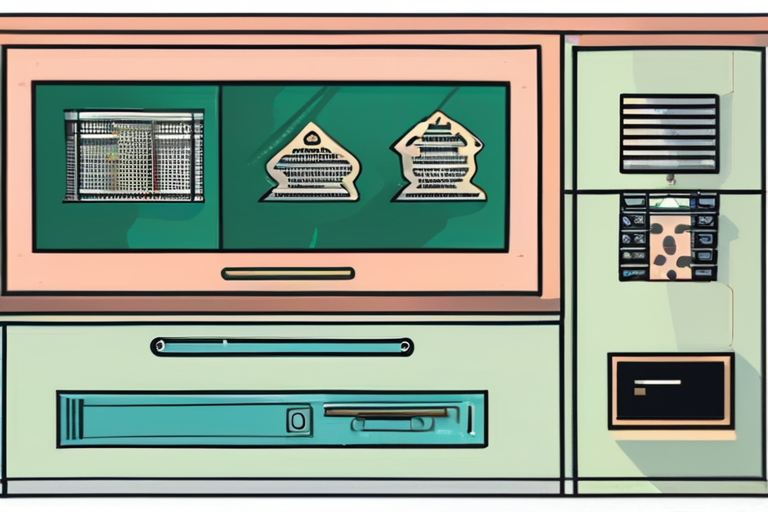

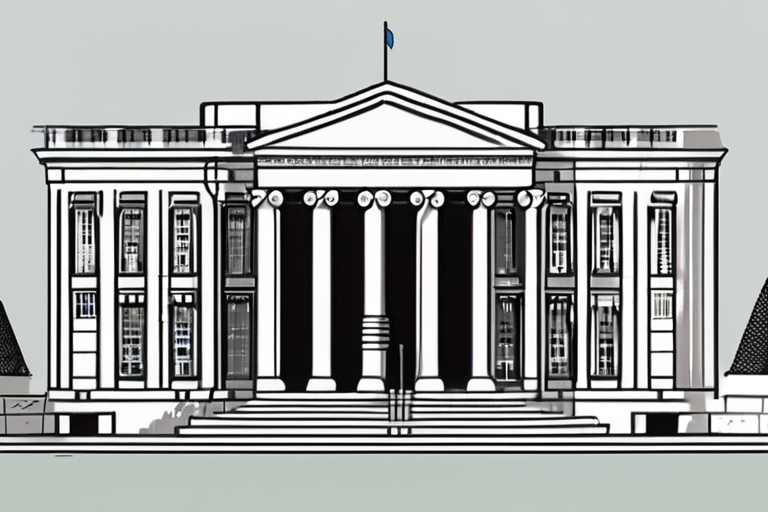
 Hoppi
Hoppi

 Hoppi
Hoppi
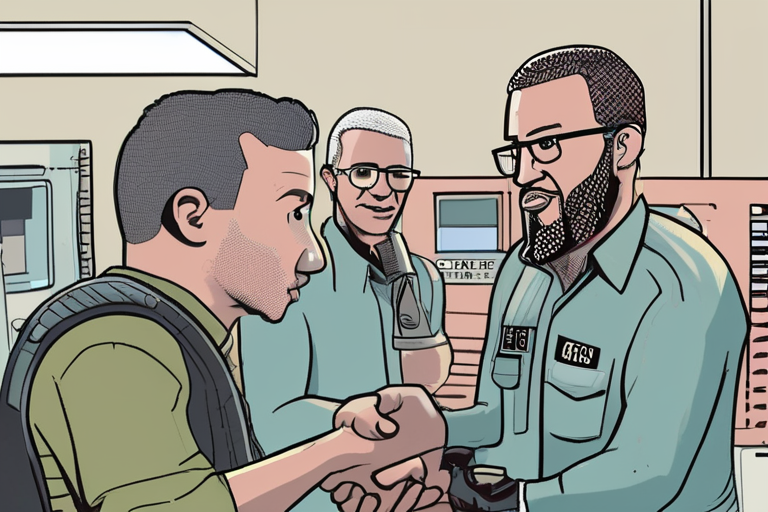
 Hoppi
Hoppi

 Hoppi
Hoppi
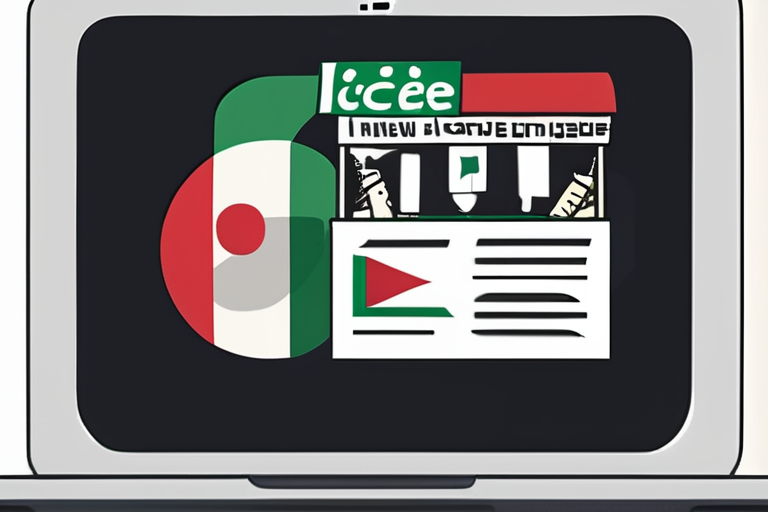
 Hoppi
Hoppi
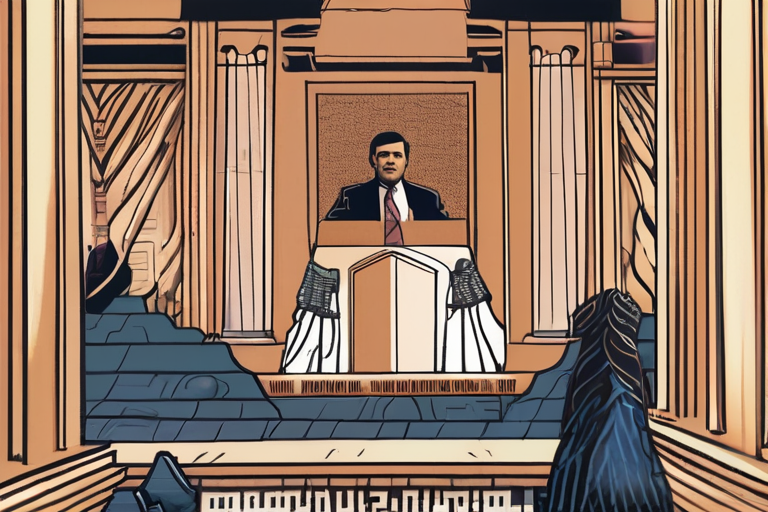
 Hoppi
Hoppi











